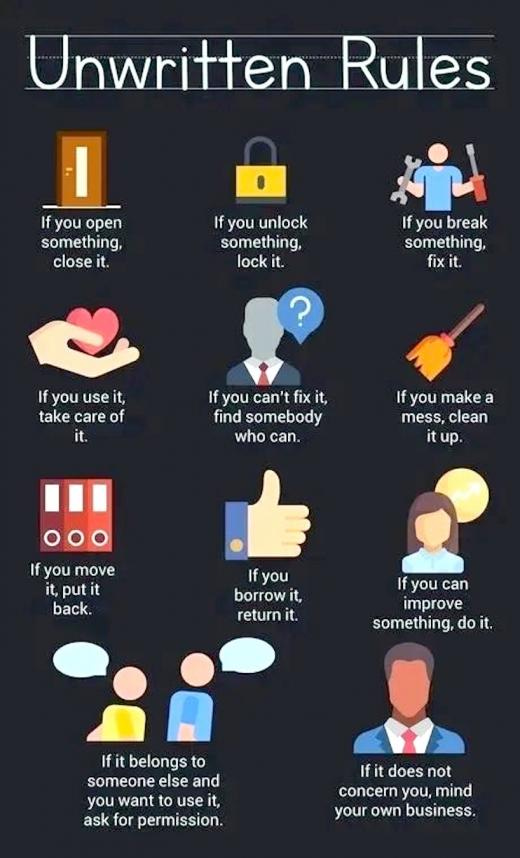To Solve A Problem, Work Upstream To Its Source
A Well-Known Epistemological Principle Oft Forgot Or Ignored
Most problems are encountered downstream from their source. To solve a problem, therefore, one works upstream from the point of its discovery to find the point of its source. When the source is found, one adjusts conditions there so the problem does not get into the stream and head down it.
Sometimes, the problem is not far upstream from the point of its discovery. Usually, the problem is farther upstream, and some amount of work is required to navigate upstream to the problem’s source.
All this is long and widely known. It is just as long and widely forgotten or ignored.
In the stream of one’s spiritual experience — spiritual being a synonym for love, grandeur, God — problem-solving is rarely easy or quick. In this stream, the source of a problem is usually more than a little upstream from the point of its discovery. Spiritual exercise is hard work.
For example, consider the experience of anger. Everyone has experience of anger. Everyone knows it disrupts the even flow of life and pollutes that stream something terrible. Everyone knows, then, that finding the source of anger, and eliminating or neutralizing it, is going to be a long trip upstream, navigating against the current, to get enough elevation to find its source and adjust conditions creating the problem found downstream.
To wit, we observe as follows. Anger is a response to frustration. Frustration is felt when something one wants does not arrive when one wants it to arrive or arrives in a matrix of conditions not to one’s liking. Such circumstances can and usually do evoke anger in one, anger which heats up one’s mind and body and induces a potential host of mental and physical diseases (dis-eases).
Upstream from anger, therefore, is frustration. What is upstream from frustration? Desire, want. To stop anger from roiling and polluting downstream in one’s life, therefore, one must reduce occasions for frustration by reducing one’s wants, one’s desires, which originate far upstream from their consequences.
Every desire invites frustration. Every frustration invites anger. To eliminate or reduce occasions for anger, therefore, eliminate or reduce occasions for frustration — by reducing desires. Eliminate or reduce desires altogether is the counsel of sages, well, as much as is reasonable. What can one do without? As the number of these things increases, so too do sections of one’s stream of life which run refreshingly clear and smooth.
This is called spiritual practice. It opens one to the through-put of love, which is the consolation of God.
The epistemological principle described above facilitates also affairs of state, of family and finance, of profession and occupation, and of society and education.




